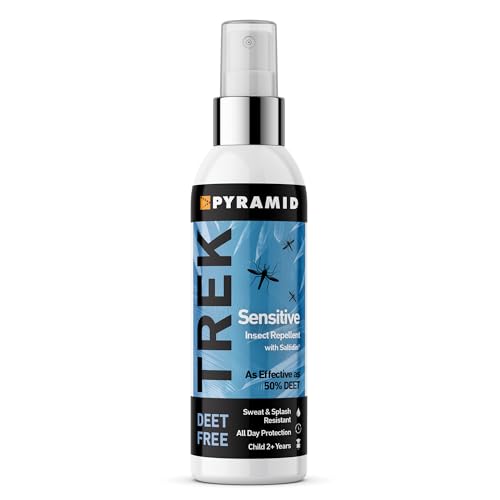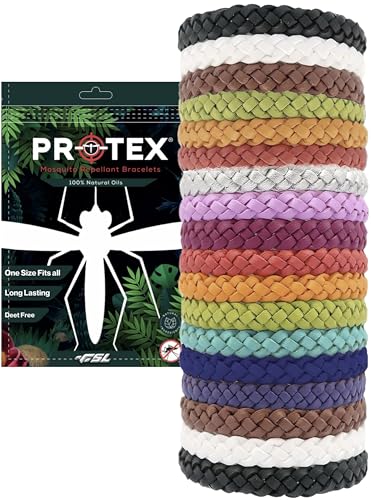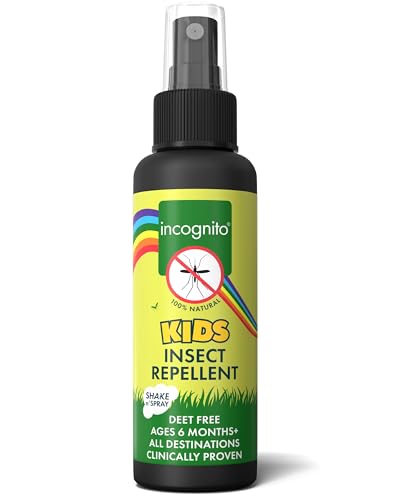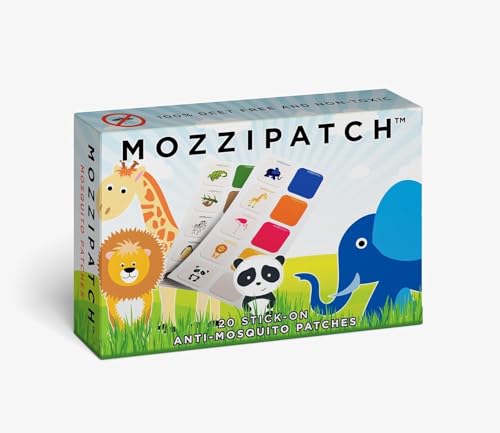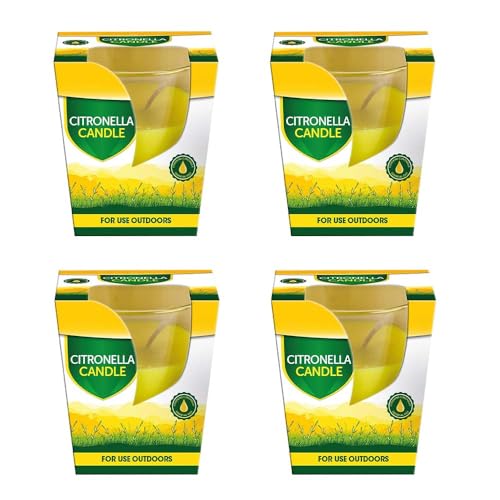Understanding Mosquito Protection: Why It Matters for Our Children
The Importance of Mosquito Protection
As we know, mosquitoes are more than just a pesky nuisance; they can transmit diseases that pose health risks, especially to children. Ensuring effective mosquito protection is crucial, especially when they are playing outdoors or during warm months when these insects are most active. By protecting our children from mosquito bites, we can help reduce the risk of illnesses such as malaria, dengue fever, and the Zika virus, all of which can have severe consequences for young, vulnerable bodies.
Health Risks Associated with Mosquito Bites
Mosquito bites can lead to various health issues that are particularly concerning for children. For instance, a virus may not show immediate symptoms, but it can still affect a child’s health weeks or even months later. Children tend to be more susceptible due to their developing immune systems. Therefore, using mosquito protection products effectively contributes not just to comfort but also to overall well-being.
Types of Mosquito Protection Products: A Clear Guide
Topical Repellents
Topical repellents are liquids or creams that we apply directly to the skin to ward off mosquitoes. They contain active ingredients that disrupt a mosquito’s ability to detect our presence. Look for formulas that are specifically designed for children, as they often have lower concentrations of chemical agents while still providing robust protection. Products containing DEET or picaridin are particularly effective but verify the safe concentration levels for children’s skin.
Mosquito Nets
For those who prefer a physical barrier, mosquito nets can be a perfect choice, especially for infants and young children. These nets create a protective cocoon for cribs, cots, or while relaxing outdoors. Ensure that the nets are fine-meshed to prevent even the tiniest of mosquitoes from getting through. They are also a great option for camping trips or outdoor festivals where mosquitoes tend to swarm.
Wearable Devices
Wearable mosquito protection devices, such as bracelets or patches, have become increasingly popular. These items release natural oils or chemicals that repel mosquitoes when worn on the body. While they can supplement other forms of protection, we recommend using them in conjunction with topical repellents for enhanced effectiveness.
Choosing the Right Mosquito Repellent for Kids: What to Look For
Age Appropriateness
When selecting a mosquito repellent, it is imperative to ensure it is age-appropriate. Some products are developed specifically for children, with lower concentrations of active ingredients that are safe for delicate skin. Always check the label for the recommended age range before making a purchase.
Efficacy Duration
We should also consider how long the mosquito repellent remains effective after application. Some products offer protection for just a few hours, while others can work for up to 12 hours. For family outings, especially in areas with high mosquito activity, we recommend opting for longer-lasting formulas to minimize the need for frequent reapplication.
Natural vs. Chemical Ingredients
There are two main categories of mosquito repellents: those with chemical ingredients and those that are natural. Chemical repellents are usually more effective against mosquitoes but may cause skin irritation for some children. Natural options, often containing citronella or eucalyptus, are gentler but may require more frequent application to maintain effectiveness. We suggest assessing your child’s sensitivity and environment when making this choice.
Best Practices for Using Mosquito Protection Safely
Application Tips
When applying topical mosquito repellent, we must take care to apply it evenly and generously on exposed skin, avoiding the face and hands, particularly for very young children who may inadvertently ingest the product. If using a spray, apply it to your hands first and gently rub it onto the child’s skin. Reapply according to the instructions on the product, especially after swimming or excessive sweating.
Timing and Location Considerations
It’s also wise to time outings carefully, as mosquitoes tend to be most active during dawn and dusk. If possible, we should plan outdoor activities during times when mosquito activity is lower. Likewise, staying in well-ventilated areas can help reduce mosquito exposure.
Where to Buy: Our Top Recommendations for Mosquito Protection Products
Reliable Retailers
When looking to purchase mosquito protection products, it is advisable to choose reputable retailers, whether they are brick-and-mortar stores or online shops. These places often carry well-reviewed brands that meet safety standards. Checking customer reviews before buying can also provide insight into product performance.
Local Pharmacies and Outdoor Stores
Local pharmacies typically stock a range of mosquito repellents and protective gear, perfect for last-minute purchases. Outdoor stores are another great option, especially if you are looking for camping gear like nets or specialised sprays designed for wilderness areas.

